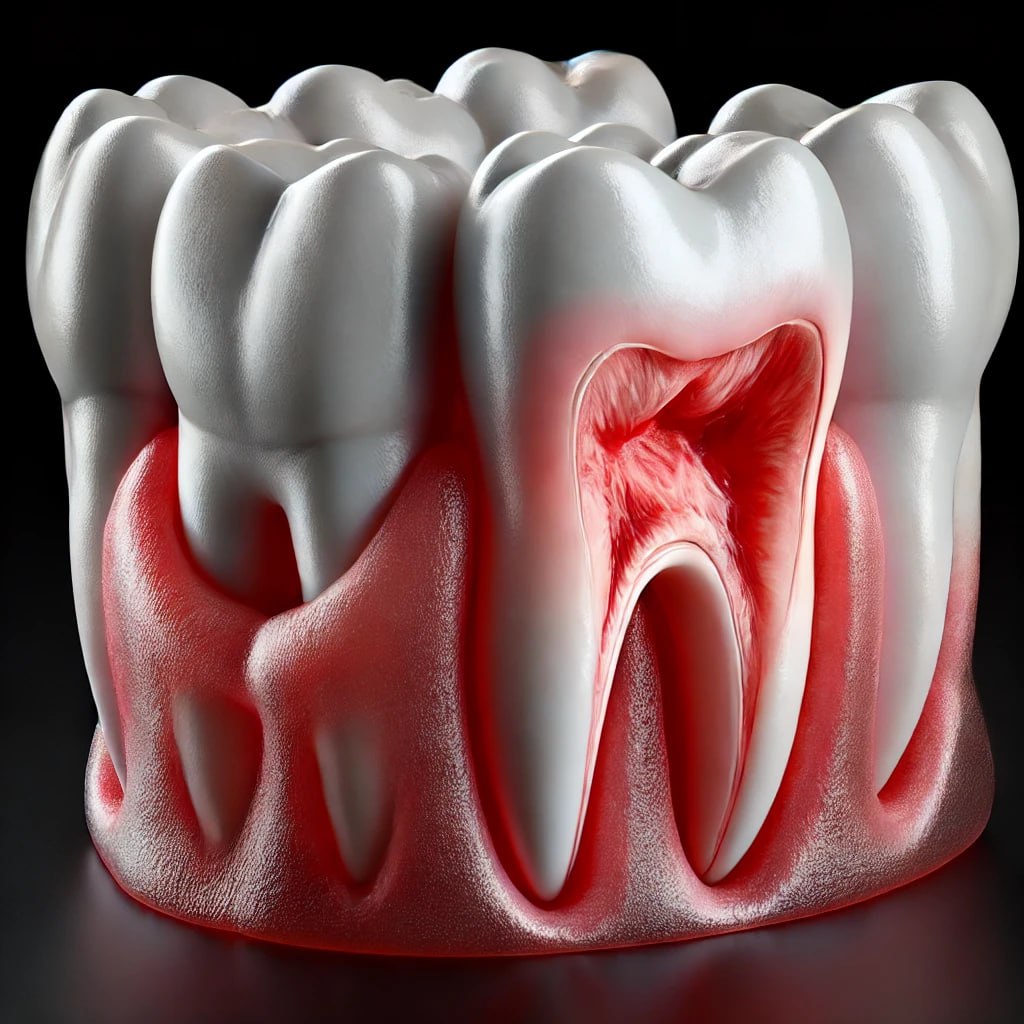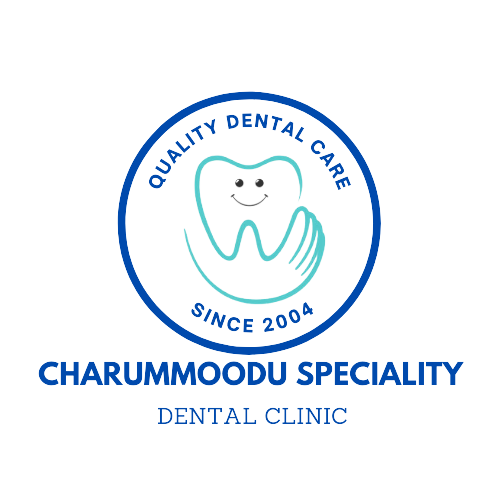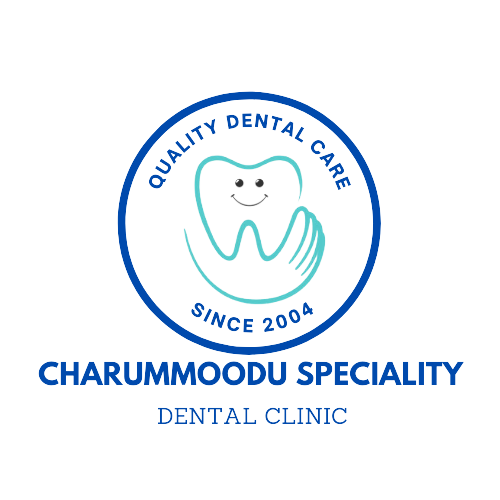
What Are Wisdom Teeth?
Wisdom teeth, also known as third molars, are the last set of molars to emerge, typically appearing in late teens or early twenties. In some cases, they may even erupt in late adulthood.
When wisdom teeth come in properly and without complications, they can be beneficial. However, if they don’t erupt correctly or are misaligned, extraction may be necessary. Poorly aligned wisdom teeth can damage adjacent teeth and lead to other dental issues.
Q.1. How Should I Prepare for Wisdom Tooth Removal?
Your dentist may advise you to avoid eating or drinking before the procedure if sedation is planned. Wear comfortable clothing, and arrange for someone to drive you home after the appointment if anesthesia is used.
Q.2. How Long Does the Procedure Usually Take?
Wisdom tooth extractions generally take 45 minutes to an hour. Complex cases, such as impacted wisdom teeth, may take slightly longer. Your dentist can give you a more accurate timeline based on your specific case.
Q.3. Can I Eat Normally After Extraction?
After extraction, it’s best to stick to a soft or liquid diet for a few days. Avoid using straws and eating hot foods initially, as these can affect healing. Gradually introduce solid foods as recommended by your dentist.
Q.4. Are There Any Long-Term Risks of Keeping Wisdom Teeth?
In some cases, retaining wisdom teeth can lead to crowding, increased risk of decay, or gum disease if they’re hard to clean. Regular check-ups help monitor any potential issues and keep you informed about future care needs.
Your dentist may advise you to avoid eating or drinking before the procedure if sedation is planned. Wear comfortable clothing, and arrange for someone to drive you home after the appointment if anesthesia is used.
Q.2. How Long Does the Procedure Usually Take?
Wisdom tooth extractions generally take 45 minutes to an hour. Complex cases, such as impacted wisdom teeth, may take slightly longer. Your dentist can give you a more accurate timeline based on your specific case.
Q.3. Can I Eat Normally After Extraction?
After extraction, it’s best to stick to a soft or liquid diet for a few days. Avoid using straws and eating hot foods initially, as these can affect healing. Gradually introduce solid foods as recommended by your dentist.
Q.4. Are There Any Long-Term Risks of Keeping Wisdom Teeth?
In some cases, retaining wisdom teeth can lead to crowding, increased risk of decay, or gum disease if they’re hard to clean. Regular check-ups help monitor any potential issues and keep you informed about future care needs.
A wisdom tooth may sometimes be impacted, which means it stays partially or fully embedded in the gum tissue and does not fully erupt. When a wisdom tooth only partially breaks through, it can create an opening where bacteria can enter, potentially leading to infection, jaw swelling, pain, and other symptoms. Misalignment of the wisdom tooth can also make it difficult to properly brush and floss the area, increasing the risk of decay and gum disease.
Most people have four wisdom teeth—two on each side of the upper and lower jaws. However, due to modern lifestyle changes, many people may not develop wisdom teeth, as jaw sizes have evolved to become smaller, leaving insufficient space for wisdom teeth to erupt.
Most people have four wisdom teeth—two on each side of the upper and lower jaws. However, due to modern lifestyle changes, many people may not develop wisdom teeth, as jaw sizes have evolved to become smaller, leaving insufficient space for wisdom teeth to erupt.
1. Persistent pain behind the molars that worsens over time.
2. Redness, swelling, or tenderness, potentially leading to infection.
3. Bad breath or an unpleasant taste in the mouth.
4. Jaw pain and stiffness.
2. Redness, swelling, or tenderness, potentially leading to infection.
3. Bad breath or an unpleasant taste in the mouth.
4. Jaw pain and stiffness.
Your dentist may recommend removal if wisdom teeth are causing any of the following issues:
1. Crowding: Misaligned wisdom teeth can press against adjacent teeth, leading to discomfort or potential damage.
2. Jaw Damage: An impacted tooth can press on the jawbone or nerves, causing harm to the surrounding area.
3. Sinus Issues: Wisdom teeth can contribute to sinus pain or congestion.
4. Gum Problems: Inability to clean around the wisdom teeth can lead to gum swelling.
5. Gum Pockets: Swollen gums can create pockets that allow food and bacteria to accumulate, which can lead to decay.
1. Crowding: Misaligned wisdom teeth can press against adjacent teeth, leading to discomfort or potential damage.
2. Jaw Damage: An impacted tooth can press on the jawbone or nerves, causing harm to the surrounding area.
3. Sinus Issues: Wisdom teeth can contribute to sinus pain or congestion.
4. Gum Problems: Inability to clean around the wisdom teeth can lead to gum swelling.
5. Gum Pockets: Swollen gums can create pockets that allow food and bacteria to accumulate, which can lead to decay.
The extraction process varies based on how far the wisdom tooth has emerged. Fully erupted wisdom teeth are easier to remove, whereas impacted teeth may require a small incision in the gum. In some cases, the tooth is extracted in parts to minimize bone removal.
1. Avoid rinsing vigorously or touching the extraction site.
2. Take prescribed medication if discomfort occurs.
3. Some bleeding is normal, but consult your dentist if it continues excessively.
4. Swelling around the cheeks and mouth is common for a few days.
5. Stick to a liquid diet initially, avoiding straws.
6. Brush gently twice a day, being cautious when rinsing.
2. Take prescribed medication if discomfort occurs.
3. Some bleeding is normal, but consult your dentist if it continues excessively.
4. Swelling around the cheeks and mouth is common for a few days.
5. Stick to a liquid diet initially, avoiding straws.
6. Brush gently twice a day, being cautious when rinsing.
The cost of extracting a wisdom tooth at Charumood Dental Clinic depends on factors such as the tooth’s position, degree of impaction, need for anesthesia, and suturing. Your dentist can guide you on these factors and help you understand the expected costs.


